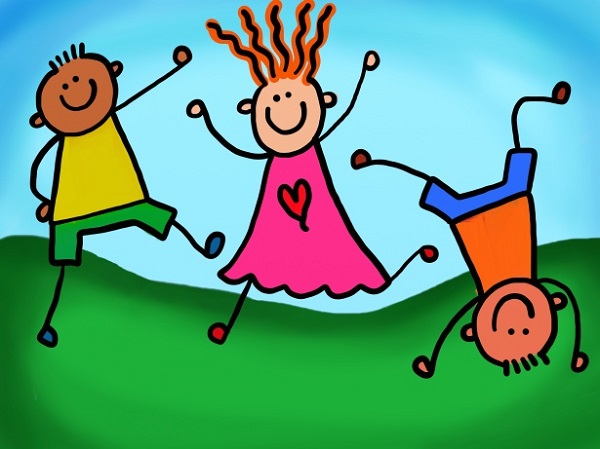By: Melissa Johnston
“I need to talk to you about something that happened on the playground today.”
Oh boy. Here we go. No parent wants to arrive at preschool and hear this sentence from a teacher. Unfortunately, it was a common occurrence for us during the early years with our oldest child. This particular instance? He had tripped another child at the end of a slide. The other child was not physically hurt, thank goodness, but was upset. When confronted by the teacher, our son burst into tears and said, “I didn’t want to hurt anybody, I just wanted to see how gravity works!” He was two years old.
Our child is what is called twice exceptional – just like approximately 5 percent of the gifted population. Twice exceptional (2e) is a very broad, umbrella term that refers to children who are gifted and also have one or more disabilities. Arthur is gifted (as described in the P.A.G.E. article Gifted Journey: Arthur) and has attention-deficit/hyperactivity disorder.
Other 2e children might be gifted along with a diagnosis of autism, dyslexia, sensory processing disorder or any other disability that interferes with a student’s ability to learn. Often, being 2e can mask either the child’s giftedness or their disability, or both. One of the articles I read in research for this blog post described being twice exceptional as “presenting as a paradox for both educators and parents” and I’ll be darned if I’ve ever heard any sentence so accurately describe my experience in raising a 2e child.
The asynchronous development that comes with having a gifted child is magnified in a 2e child. It is often difficult for traditionally educated teachers and administrators to recognize a 2e child, because they are statistically rare. These children have a tendency to receive help for one of their exceptionalities, but not the other, or worse to fall through the cracks altogether. Educators may see their extraordinary ability at math or their inability to verbalize. They may see either their tendency to mix letters around on the page or their higher than average reading level. Children, however, are not “either/or.”
Today, as a second grader, Arthur watches Neil DeGrasse Tyson lectures on YouTube for fun and he can’t tie is own shoes. His highest portion of his gifted assessment was his verbal score – and you can’t read his handwriting. He is sweet and empathetic and kind, and also disruptive and wild and an incredibly poor listener. He is gifted and impulsive. Gifted and uncontrolled. He is and.
Be supportive of the other parents in our community as they work to support the extraordinary. Twice exceptional children require an additional level of advocacy for themselves from their parents and their community. Our children do not spend their whole week at Phelps Center for Gifted Education, where they are more likely to show their abilities in alternate ways or avoid repetitive work. While they are at their home school, we must be their voices to ensure that school does not become a place they fear or resent. Most twice exceptional children will qualify for an individualized education program (IEP) plan. Make sure to get one, if you think that is necessary or important for your circumstance.
As you navigate being a parent of a gifted child, keep an eye out for the “ands” in your own child and the children around them. A collaborative effort between your gifted program, your home school principal, your child’s teachers and you is the best way to see the best results for your child.
Melisabeth Johnston is the resource development manager for community partnerships for the Girl Scouts of the Missouri Heartland. She is a Minnesota native who enjoys baking, reading, the theatre, and the outdoors. She and her husband have three children: Arthur (7), Maggie (2), and Harry (3 months).
